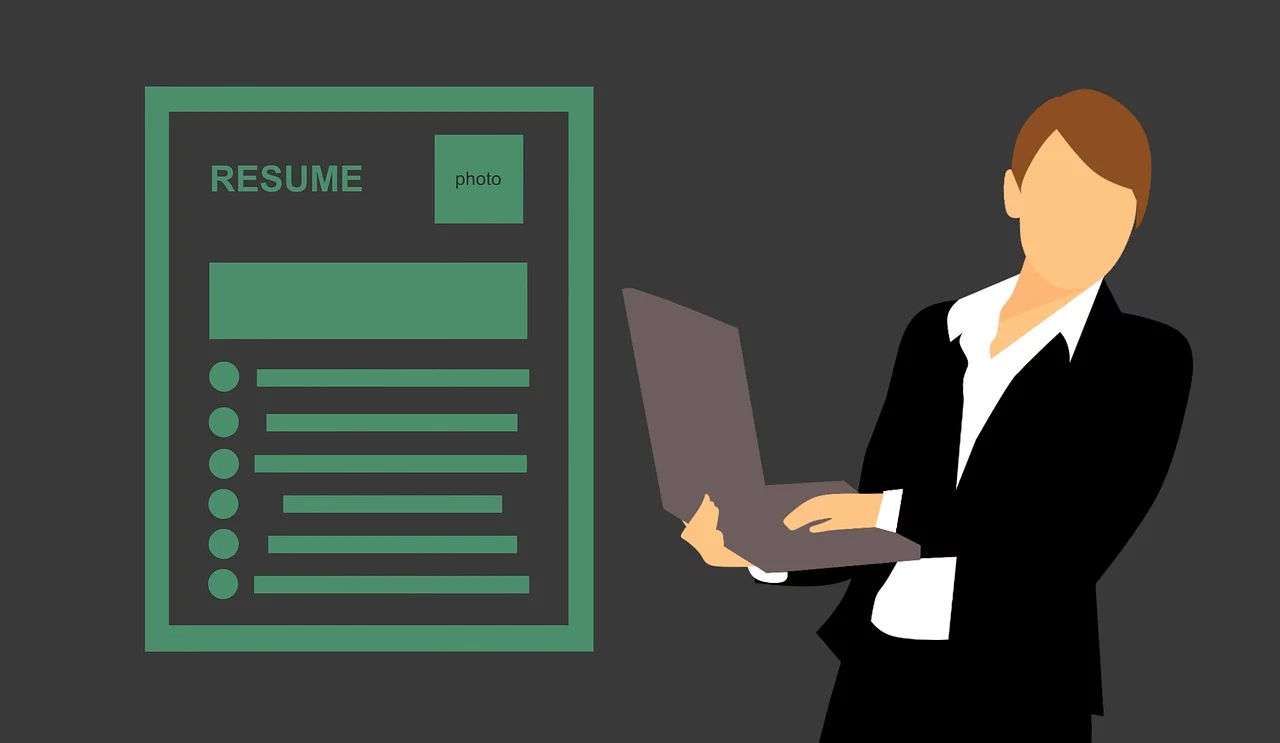
First CV No Work Experience Guide
A CV is one of the most useful tools to help you get a job. It gives employers a brief look at your skills and experience to gain a better understanding about whether you would make a good candidate or not. You are likely up against a lot of competition, so it’s important that your CV is high-quality.
However, if you don’t have any work experience, what are you supposed to do? Work experience is a big part of a CV and having none can feel hopeless. Thankfully, you aren’t doomed and there are some ways to build and craft a good CV even with no experience. This article is going to guide you through and help you build your first CV with no work experience.
Format it Correctly
While the content of a CV is important, so is the format. There are a million and one different types of CV formats, each with their own benefits and drawbacks. If you are confused about what format to use, feel free to visit ResumeBuild or another online tool to see some examples and try them out.
Generally, it is a good idea to keep your CV format as simple as possible. While some industries or companies may like a creative or abstract CV, generally, a simple format will be just fine.
Not only does having the right format make it easier for people to read and follow, it can also help it pass through ATS. ATS (applicant tracking systems) are programs used to organise, vet and manage the CVs a company gets. Many of these tools can get confused with overly complex or creative resume formats, which could keep your CV from even being seen by a hiring manager in the first place.
Highlight Your Skills and Education

(image via: Pixabay photos)
Most people lead with their work experience, but since you don’t have any, it’s a good idea to use your CV to highlight your skills and education. These are likely the most employable things about you, so it makes sense to lead off with them. Do your best to match up the skills or qualifications you include in the CV with what they mention in the job description. If they mention they want someone skilled at Microsoft Excel, who has experience meeting deadlines, be sure to find ways to show you meet that criteria.
In addition to listing off your skills, be sure to quantify them where possible. Give real world examples of how you have been able to apply those skills or where you learned/honed them. Instead of simply saying you’re great with customer service, you could say “I helped X amount of people daily during my time volunteering at X”. This can help people learn more about you and make your CV seem a little more personal.
Keep in mind that just because you haven’t formally worked anywhere doesn’t mean you don’t have any experience. Think about the times you have volunteered, helped your family or friends with things or participated on any teams or groups.
Don’t Lie or Stretch the Truth
While a CV is largely a tool to help you look good, you need to be careful. If you go too far and begin to lie about certain skills, accomplishments or certification, it will only hurt you. While it might seem far too risky, several people will lie on their CV in order to improve their chances of getting a call back.
It might be tempting to some to include some false information to boost how good you look, but don’t do it. Even if you fool the hiring manager into interviewing you, it will eventually come out that you lied and you will likely be fired (if they didn’t already catch your lie during the interview process). Not only that, but word could spread and you could develop a bad reputation in your industry if you like about accomplishments or skills.
In conclusion, we hope that this article has been able to help you learn how to craft a great first CV with no work experience.
Related Articles
Don’t Tell White Lies on your CV

